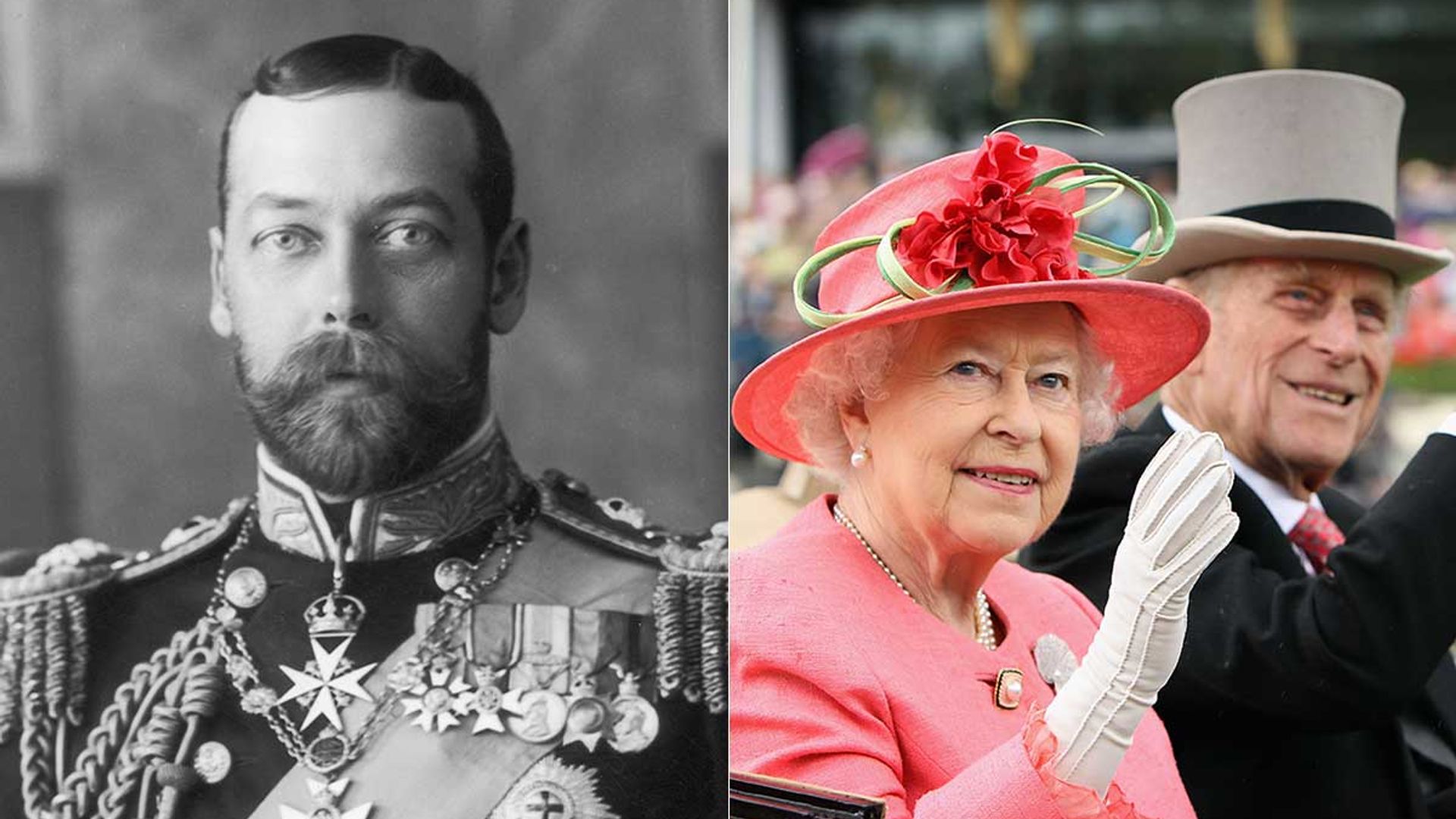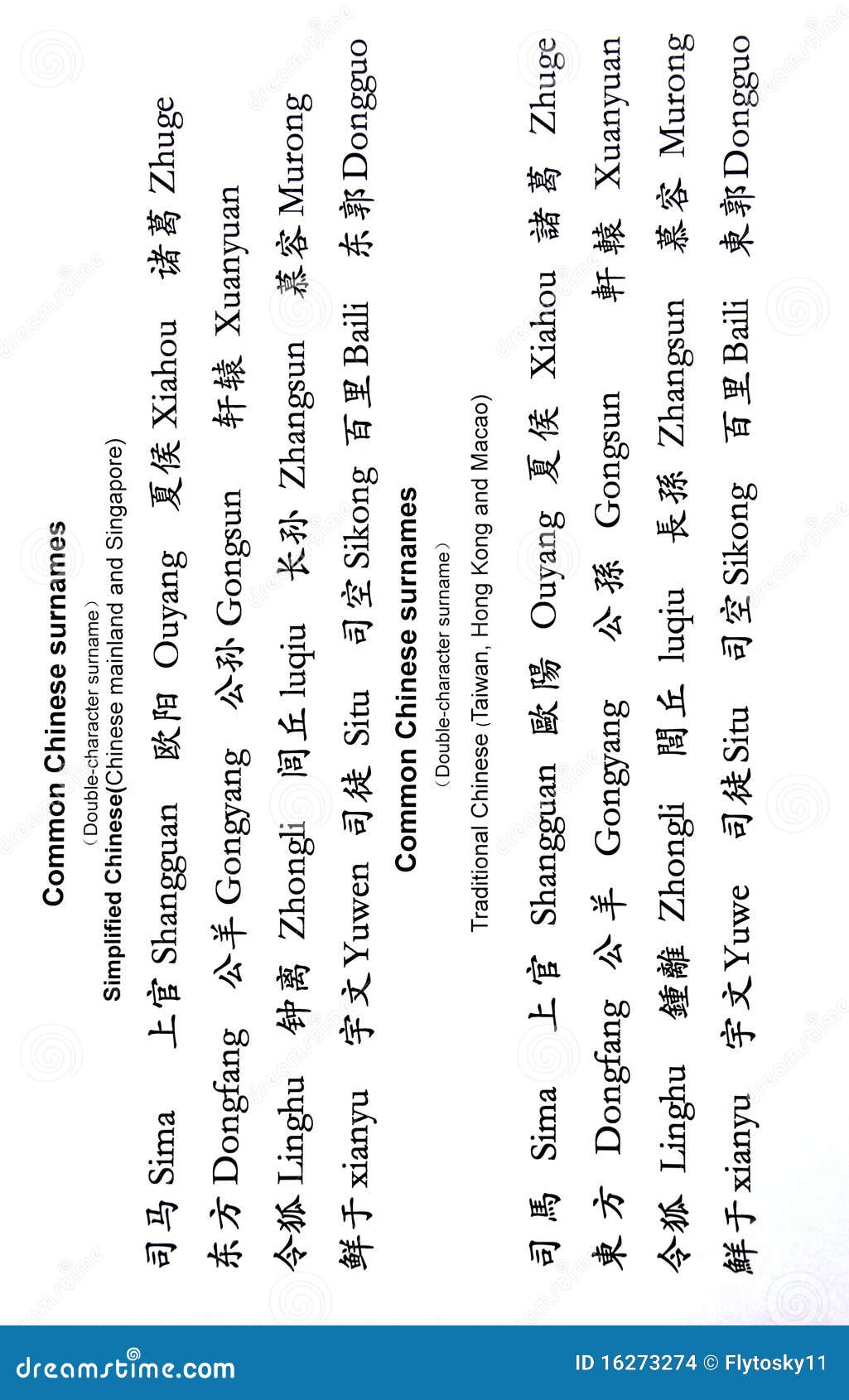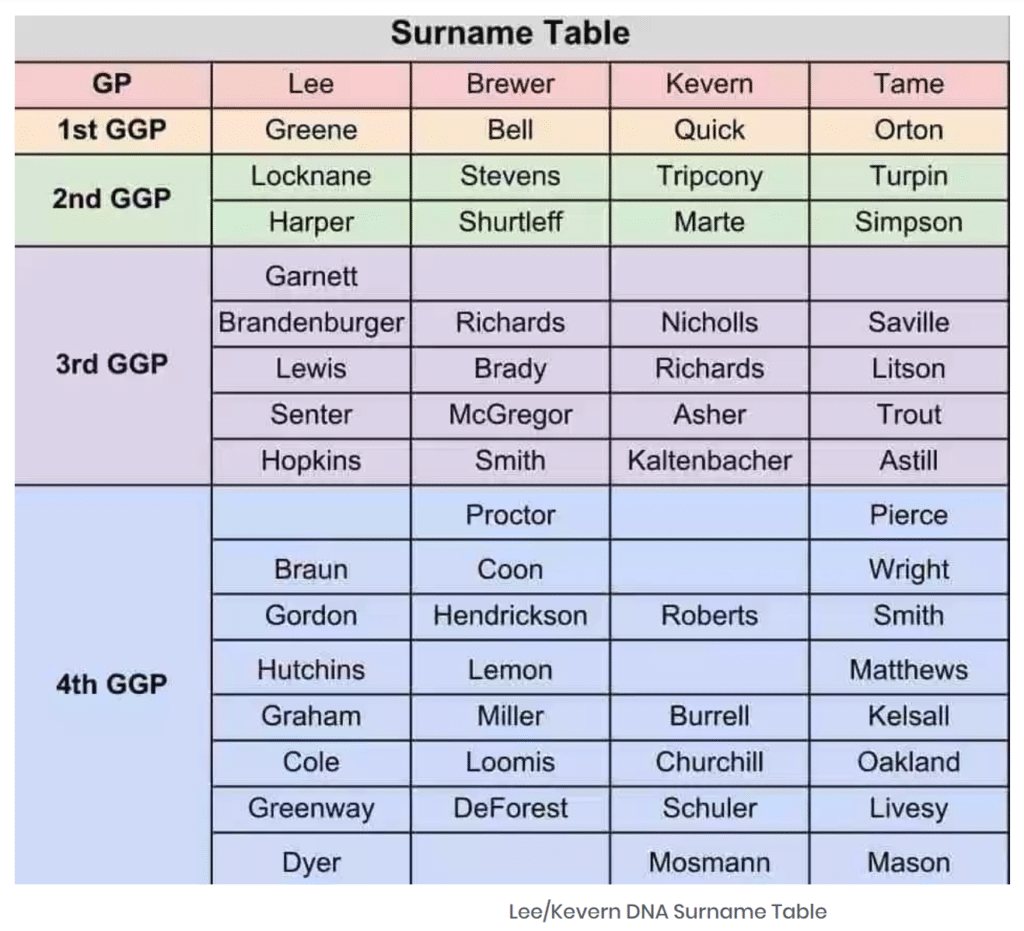Exploring The Fascinating World Of Surnames Royalty: A Deep Dive Into History, Legacy, And Prestige
Apr 24 2025
When you hear the term "surnames royalty," it’s like stepping into a world where names carry centuries of power, tradition, and intrigue. Imagine names that echo through history books, whispered in castles and engraved on thrones. These aren’t just names—they’re legacies. Surnames royalty aren’t your average family names; they’re badges of honor, symbols of lineage, and markers of influence. But what makes them so special? Let’s find out.
You might think surnames royalty are just for the history buffs or royal watchers, but there’s something universal about them. They remind us of the human desire for identity, belonging, and connection to something greater. Whether you’re fascinated by the Windsors, the Bourbons, or the Romanovs, these names tell stories of empires, alliances, and survival. And honestly, who doesn’t love a good royal drama?
Now, before we dive deep into the world of surnames royalty, let me give you a heads-up. This isn’t just another boring history lesson. We’re going to explore the origins, meanings, and cultural significance of these names. We’ll uncover secrets, debunk myths, and even throw in some fun facts along the way. So, buckle up because we’re about to embark on a journey through time, tradition, and power.
Read also:Lizard From Monsters Inc With Glasses A Deep Dive Into This Iconic Character
What Are Surnames Royalty and Why Do They Matter?
Let’s start with the basics. Surnames royalty are family names associated with royal families across the globe. These names often carry a sense of authority, prestige, and historical weight. Think about it—when you hear “Windsor,” your mind instantly jumps to Buckingham Palace, tea parties, and horse-drawn carriages. But it’s not just about the glitz and glamour. These names represent entire dynasties, cultures, and even nations.
So, why do they matter? Well, for starters, they’re a reflection of our shared human history. Every royal surname tells a story—of conquests, marriages, and sometimes even scandals. They remind us of the people who shaped the world we live in today. Plus, let’s be real, they’re just plain fascinating. Who wouldn’t want to know more about the family behind the name “Habsburg” or “Hanover”?
Origins of Surnames Royalty: From Knights to Kings
Ever wondered how royal surnames came to be? It’s not like someone just sat down one day and said, “Hey, let’s call ourselves the House of Tudor.” Nope, it’s a whole lot more interesting than that. Many royal surnames have roots in ancient titles, places, or even personal characteristics. For instance, the surname “Plantagenet” comes from a sprig of broom blossom worn by Geoffrey of Anjou. Cool, right?
Here’s a quick breakdown of how some royal surnames originated:
- Windsor: Adopted by the British royal family in 1917 to replace their German-sounding name, Saxe-Coburg and Gotha.
- Bourbon: Named after the House of Bourbon, a French noble family that traces its origins to the 13th century.
- Romanov: Derived from the name of the family patriarch, Roman Zakharyin-Yuriev.
The Cultural Significance of Surnames Royalty
Let’s talk about the cultural impact of royal surnames. These names aren’t just labels; they’re cultural symbols. They’re woven into the fabric of societies, influencing art, literature, and even politics. Take the surname “Tudor,” for example. It’s not just a name—it’s a brand. The Tudor dynasty is synonymous with England’s golden age, a time of exploration, innovation, and, well, a lot of drama.
But it’s not all about the past. Even today, royal surnames hold immense cultural significance. They inspire fashion, films, and even theme parks. Who hasn’t heard of Disney’s “Cinderella” or “Beauty and the Beast”? These stories are steeped in royal traditions, and their names carry a certain magic that resonates with people across the globe.
Read also:Little Green Light Marketing A Comprehensive Guide To Elevating Your Nonprofit Strategy
How Surnames Royalty Shape National Identity
Surnames royalty play a crucial role in shaping national identity. They’re often tied to the history and values of a country. For instance, the surname “Habsburg” is synonymous with Austria’s imperial past. It represents a legacy of power, diplomacy, and cultural refinement. Similarly, the name “Bourbon” evokes images of France’s grandeur and elegance.
But it’s not just about the big picture. On a personal level, royal surnames can inspire pride and a sense of belonging. Imagine being related to the Windsors or the Romanovs. It’s like having a VIP pass to history’s greatest events.
The Power of Surnames Royalty: Influence Beyond the Throne
Now, let’s talk about the real power of royal surnames. It’s not just about wearing a crown or living in a palace. These names have influence that extends far beyond the throne. They shape international relations, influence economic policies, and even sway public opinion. Think about it—when a member of the British royal family visits a country, it’s a big deal. It’s more than just a handshake; it’s a statement of goodwill and cooperation.
But it’s not all about politics. Royal surnames also have a significant impact on popular culture. They inspire books, movies, and even fashion trends. From “The Crown” to “Game of Thrones,” these names have a way of capturing our imagination and pulling us into their world.
Case Study: The Windsors and Their Global Influence
Let’s take a closer look at one of the most famous royal surnames—the Windsors. The British royal family has been a global phenomenon for centuries. Their name is synonymous with elegance, tradition, and resilience. But what makes the Windsors so influential?
For starters, they’ve been around for a long time. The House of Windsor has weathered wars, scandals, and societal changes, and they’re still standing strong. Plus, they’ve got that whole charm thing going for them. From Queen Elizabeth II to Prince Harry, the Windsors have a way of capturing hearts and making headlines.
Common Misconceptions About Surnames Royalty
There are plenty of misconceptions about royal surnames. Some people think they’re just fancy names with no real meaning. Others believe they’re outdated and irrelevant in today’s world. But nothing could be further from the truth. Royal surnames are rich in history, culture, and significance. They’re a testament to the enduring power of tradition and legacy.
Here are a few common misconceptions debunked:
- Myth: Royal surnames are only for show. Fact: They represent centuries of history and influence.
- Myth: Royal surnames are outdated. Fact: They continue to shape modern culture and politics.
- Myth: Royal surnames are only for the elite. Fact: They’re part of our shared human heritage.
Why These Misconceptions Exist
So, why do these misconceptions exist? Part of it has to do with the changing world. In an age of democracy and equality, the idea of royalty can seem outdated. But that doesn’t mean royal surnames are irrelevant. They’re a reminder of our past and a source of inspiration for the future.
Plus, let’s be honest, the media doesn’t always help. Sensational headlines and tabloid stories can paint a skewed picture of royal families and their names. But if you dig a little deeper, you’ll find that these names carry a lot more weight than meets the eye.
Fun Facts About Surnames Royalty
Let’s lighten things up with some fun facts about royal surnames. Did you know that the surname “Bourbon” is named after a French castle? Or that the Romanovs were originally from a small Russian village? These names have stories that are as fascinating as the people who bear them.
Here are a few more fun facts:
- The surname “Plantagenet” was actually a nickname for a broom plant.
- The House of Tudor was founded by Owen Tudor, a Welshman who married Catherine of Valois.
- The Habsburgs ruled over one of the largest empires in history, spanning Europe and the Americas.
Why These Facts Matter
These fun facts aren’t just trivia—they’re a reminder of the rich history and diversity behind royal surnames. They show us that these names aren’t just symbols of power; they’re also symbols of humanity. Behind every royal surname is a story of struggle, triumph, and resilience.
So, the next time you hear someone dismiss royal surnames as irrelevant, share one of these fun facts. You might just change their mind.
The Future of Surnames Royalty
What does the future hold for royal surnames? With the world changing at an unprecedented pace, it’s hard to say. But one thing is certain—they’re not going anywhere anytime soon. Royal surnames continue to captivate and inspire people around the globe. They’re a link to our past and a beacon for our future.
As we move forward, it’s important to remember the value of tradition and legacy. Royal surnames remind us of the importance of history, culture, and community. They teach us about the power of identity and the strength of shared values.
How You Can Connect with Surnames Royalty
Even if you’re not part of a royal family, you can still connect with the world of surnames royalty. Whether it’s through reading about their history, visiting their landmarks, or simply appreciating their cultural significance, there are countless ways to engage with these names.
So, the next time you hear someone mention the Windsors or the Bourbons, don’t just brush it off. Dive in, explore, and discover the magic behind these legendary names.
Conclusion: Why Surnames Royalty Matter to You
We’ve journeyed through the world of surnames royalty, uncovering their origins, meanings, and cultural significance. From the mighty Windsors to the illustrious Romanovs, these names carry centuries of history and tradition. But why should you care? Because royal surnames are more than just names—they’re a reflection of our shared human experience.
They remind us of the power of identity, the importance of legacy, and the beauty of tradition. So, the next time you come across a royal surname, take a moment to appreciate its significance. And if you’re feeling inspired, why not share this article with your friends? Who knows, you might just spark a new appreciation for the world of surnames royalty.
Call to Action: Got any thoughts on royal surnames? Drop a comment below and let’s start a conversation. And while you’re at it, check out some of our other articles on history, culture, and tradition. There’s always more to discover!


